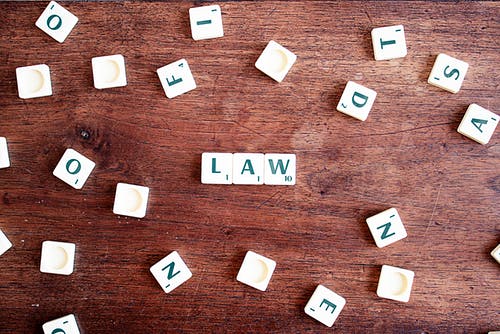
NC Gov Cooper Signs Criminal Justice Reform Bills Into Law
Raleigh -- Press Release Sep 2, 2021 North Carolina Governor Roy Cooper's Office
Governor Roy Cooper signed three criminal justice reform bills into law today, House Bill 436: Support Law Enforcement Mental Health, House Bill 536: Law Enforcement Duty to Intervene and Senate Bill 300: Criminal Justice Reform. These bills align with recommendations of the Governor’s Task Force for Racial Equity in Criminal Justice (TREC).
“We have seen that the criminal justice system doesn’t always treat everyone the same – and too often the differences are disproportionately felt by people of color,” said Governor Cooper. “This legislation will take us one step further toward a more equitable and just North Carolina for all.”
The Governor was joined by TREC Co-Chair Attorney General Josh Stein, along with Senators Toby Fitch and Mujtaba Mohammed and bill sponsor Representative John Szoka. TREC members, law enforcement and advocates for criminal justice reform were also in attendance. Senator Danny Britt who also sponsored the bill was not able to be in attendance.
House Bill 436 will require psychological screening examination for law enforcement officers prior to employment, educate officers on maintaining good mental health and make officers statewide aware of mental health resources. House Bill 536 creates a duty for law enforcement officers to intervene and report excessive use of force by a fellow law enforcement officer and requires that the National Decertification Index be searched as part of officer certification.
Senate Bill 300 makes important changes to improve policing and criminal justice in North Carolina, as recommended by TREC, including:
Promotes recruitment of officers with diverse backgrounds and experiences and improves training so that officers are better equipped to be successful
Requires early intervention mechanisms to identify and correct officers who use excessive force or other misconduct
Furthers independent investigations of police-involved shootings
Limits local laws that criminalize poverty
Requires a first appearance in court within 72 hours of a person being arrested.


 How to resolve AdBlock issue?
How to resolve AdBlock issue? 